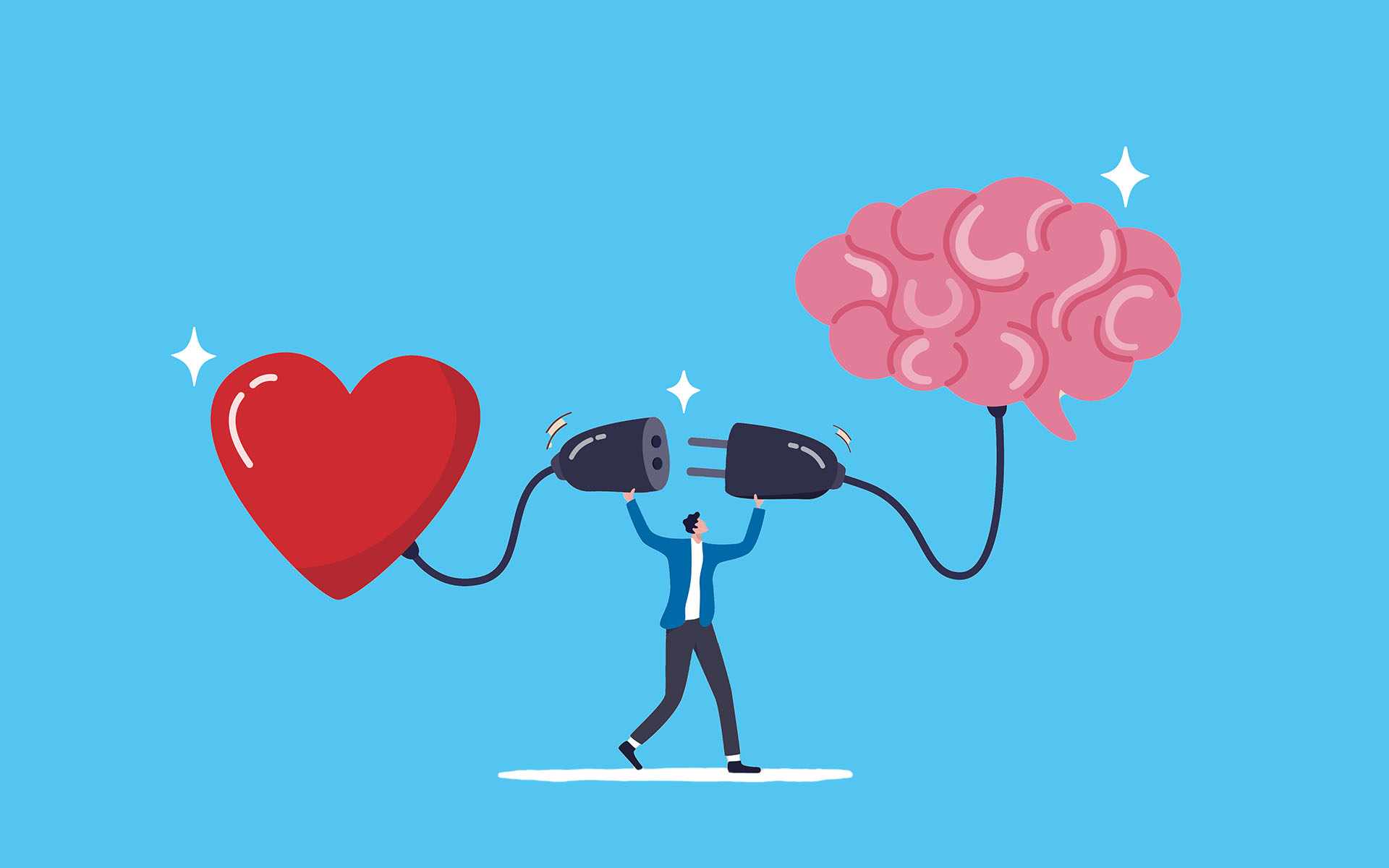When mindfulness is taught in the workplace, it’s often emphasized how meditation cultivates attention, helping us cope with demands in a busy job. Or we hear about mindfulness as stress reduction—if we can learn to manage our thoughts and emotions, we will become more resilient and effective. We might be tempted by the supposed interpersonal benefits, feeling that if we could handle our working relationships skilfully, our careers will improve. All of this may indeed be available through mindfulness practice, but there’s a problem with taking this approach to the training, which places it in the realm of performance enhancement.
Actually, mindfulness is a tuning to what we already are, a freeing from the tyranny of shoulds, oughts, and wishes to be better, faster, and more efficient, which are endemic in workplace settings. It is an undoing more than a doing, a recognition that grasping for improvement and success (whether in the form of profit, status, recognition or identity) is stressful in itself, tending to make work an unhappy endeavour. If mindfulness training leads to better focus, performance, and well-being, it comes—ironically—from letting go of the very desires for focus, performance, and well-being that motivates many in their jobs.
This makes ‘mindfulness at work’ a tricky proposition. The training may begin with the intention of improving something, and yet, to be accomplished, it requires us to stop trying to improve. Instead we are invited to slow down, relax, trust, and be willing to linger the attention on the direct experience of the senses. Rather than thinking up, solving, or producing anything (for the moment), we are asked to explore the possibility that our obsession with thinking, solving, and producing is part of what limits us, rather than desirable. In a results-based culture, a foundation of explicitly trying not to seek results goes right against the grain. But as soon as this foundation is compromised, we are no longer practising mindfulness.
Herein lies a tension, but also a jewel. If we allow ourselves to submit to this radical approach, things may start to happen, although not the kind of enhancements we might have expected. As we get in touch with our experience through stillness and presence, we may become more aware of our relationship to work. We can start to see and feel clearly what drives us, and whether following these drivers result in satisfaction. We start to see the influence of the wider workplace culture, and notice whether it nurtures or depletes us, and is of benefit to others. As we train further in awareness and resilience, we might make choices that reflect a—perhaps newly discovered—inner alignment. This may mean we become more curious, creative, and centred in our existing work, or it might mean recognizing an uncomfortable mismatch between our current career and a deeper calling, spurring a decision to shift direction. We might recognize the symptoms of pressure put on us at work as part of systemic dysfunction rather than personal failing, and choose to stand up to those pressures, or campaign to change them, or find a healthier place to spend our days.
We’ll never be effective if we’re out of tune with ourselves. When we’re able to get in tune—with regular meditation as a friendly way to help—we may discover that we’re drawn to a working life in which compassion rather than competition, service rather than sales, artistry rather than aggression become our primary means. And, it’s suggested, by the testimony of many who’ve practised before us and data coming from the science of happiness, that these qualities are key to finding and expressing well-being and wholeness. Dropping into wakeful union of body and mind, we heal the stressful split between who we feel we are in our hearts and who we sometimes feel driven to be in our lives (especially in our work). Then we might find—without having to do any performance enhancement training—that other, resulting benefits of mindfulness (developed attention, emotional intelligence, resilience and so on) arise by themselves. By which time, we may be so in flow that we won’t try to develop them.
Ed Halliwell is leading Using Mindfulness at Work on 11 September at the London School of Life.







